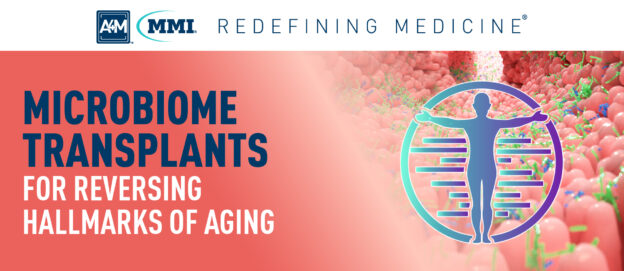In recent years, the gut microbiome has garnered significant clinical and popular attention as a critical component of overall health and wellbeing. As a burgeoning body of evidence reveals, gut health is a foundational element of whole-person wellness; imbalances and bacteria overgrowth have been directly linked to chronic diseases ranging from obesity to major depressive disorder. Most diseases are associated with changes in the types and behavior of gut bacteria, viruses, fungi, and other microbes – including aging.



